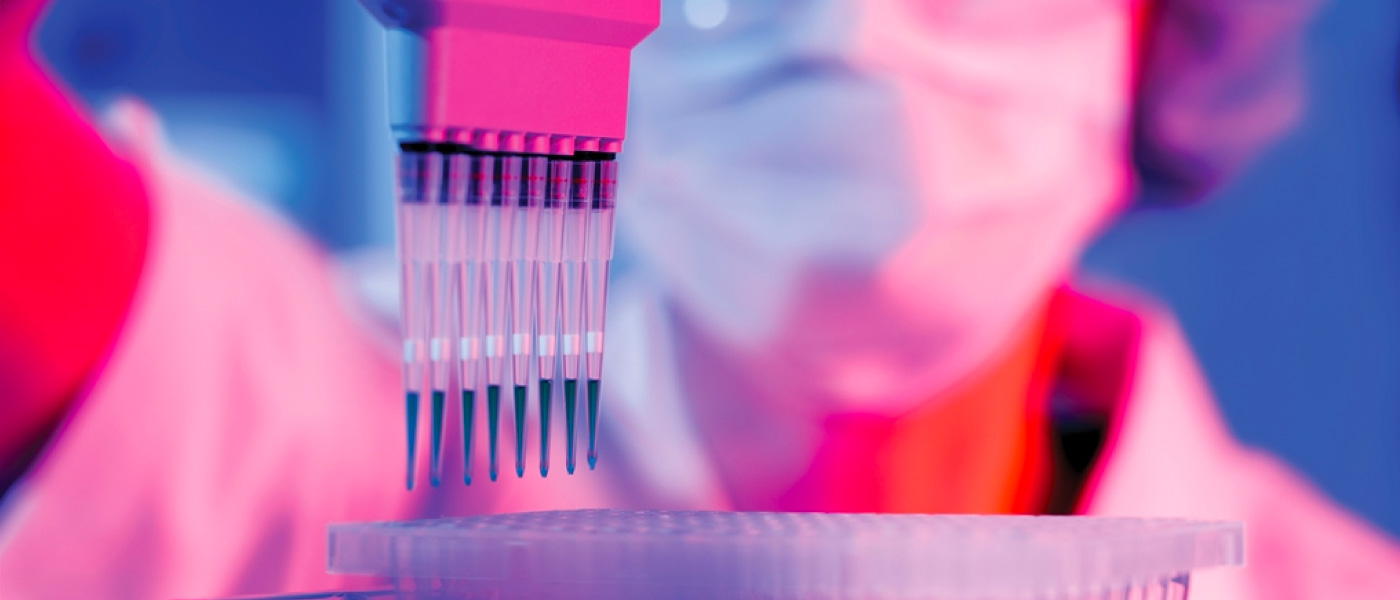Michael Goodisman, Associate Professor in Georgia Tech’s School of Biological Sciences
 With companies like 23andMe and Ancestry.com, it has become somewhat common for people to have their genome sequenced. But what happens when results reveal you have a gene that could potentially make you sick?
With companies like 23andMe and Ancestry.com, it has become somewhat common for people to have their genome sequenced. But what happens when results reveal you have a gene that could potentially make you sick?
Michael Goodisman, an associate professor in Georgia Tech’s School of Biological Sciences, says genetic testing is very different than getting tested for something like anemia.
“I not only learn something about myself, I learn something about all my relatives. If I find out I’ve inherited the BRCA1 mutation, which can lead to breast cancer, I know there’s a 50 percent chance my sister has it, and a 50 percent chance my children have it. Should I tell them? Does the doctor who diagnosed me have an obligation to tell them?”
But Goodisman says some of the most interesting ethical issues surrounding genetic testing concerns testing IVF embryos for genetic traits (or preimplantation genetic diagnosis). This is usually done when parents are carriers for a serious disease, and if results reveal the embryo has that disease as well, it won’t be implanted. This can present an ethical challenge, depending on how you view the embryo at that stage. It can also raise eyebrows if you’re not testing for disease, but for something like the embryo’s sex or other traits.
But others see it differently. “All medicine is trying to better the human condition,” Goodisman says. “Don’t we have an obligation to eliminate certain mutations that cause cancer? There’s an analogy about how we’re always building better airplanes. If you knew what would make an airplane better, wouldn’t you have to do it?”
What is the line between fixing problems and enhancing genetics? That question leads us to genetic enhancements (and a bit of bioethics).

